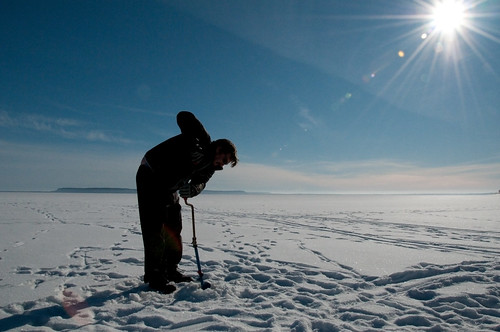Apokalipse
Golden Master
- Messages
- 14,559
- Location
- Melbourne, Australia
Which brings me to the point I said in conjunction to this.exactly. Based on the data that we have now, it seems as if nothing but an asteroid could fit the bill for what happened. There might not be any obvious flaws, but that doesn't mean there are none at all.
And here's an interesting thought. EVEN IF there were no flaws in that theory, it doesn't mean it happened. There is usually more than one plausible solution to a problem, but only one right answer.
There are an infinite number of ideas one cannot disprove.
So how do we decide what to believe, if anything?
we collect data and use evidence.
I can't be absolutely 100% certain that you exist.
But given the evidence, while the probability may not be exactly 100%, it will be so close to 100% (99.9999999999999999....) that it's simply not worth considering that you don't exist.
If the evidence for an idea is more than sufficient, then while technically you might not be able to prove the idea with 100% certainty, you can be extremely sure.
But what is it about an asteroid-like object that makes it like an asteroid but not actually an asteroid?In this case defining the term or word by what it was not was all that was needed. The article stated that an asteroid was the cause of dinosaur extinction.
I wouldn't say those things are asteroid-like though.My point was that they had incorrectly stated that it was an asteroid. According to them it could ONLY have been and in fact WAS specifically an asteroid that caused the extinction. Not a comet, not a giant elephant that'd eaten too much baked beans, not a bomb planted by a group of dinosaur-hating aliens. An asteroid.
And besides, isn't the idea more important than the label? We can be sure an object with a 15km width hit the Earth and where it hit.



